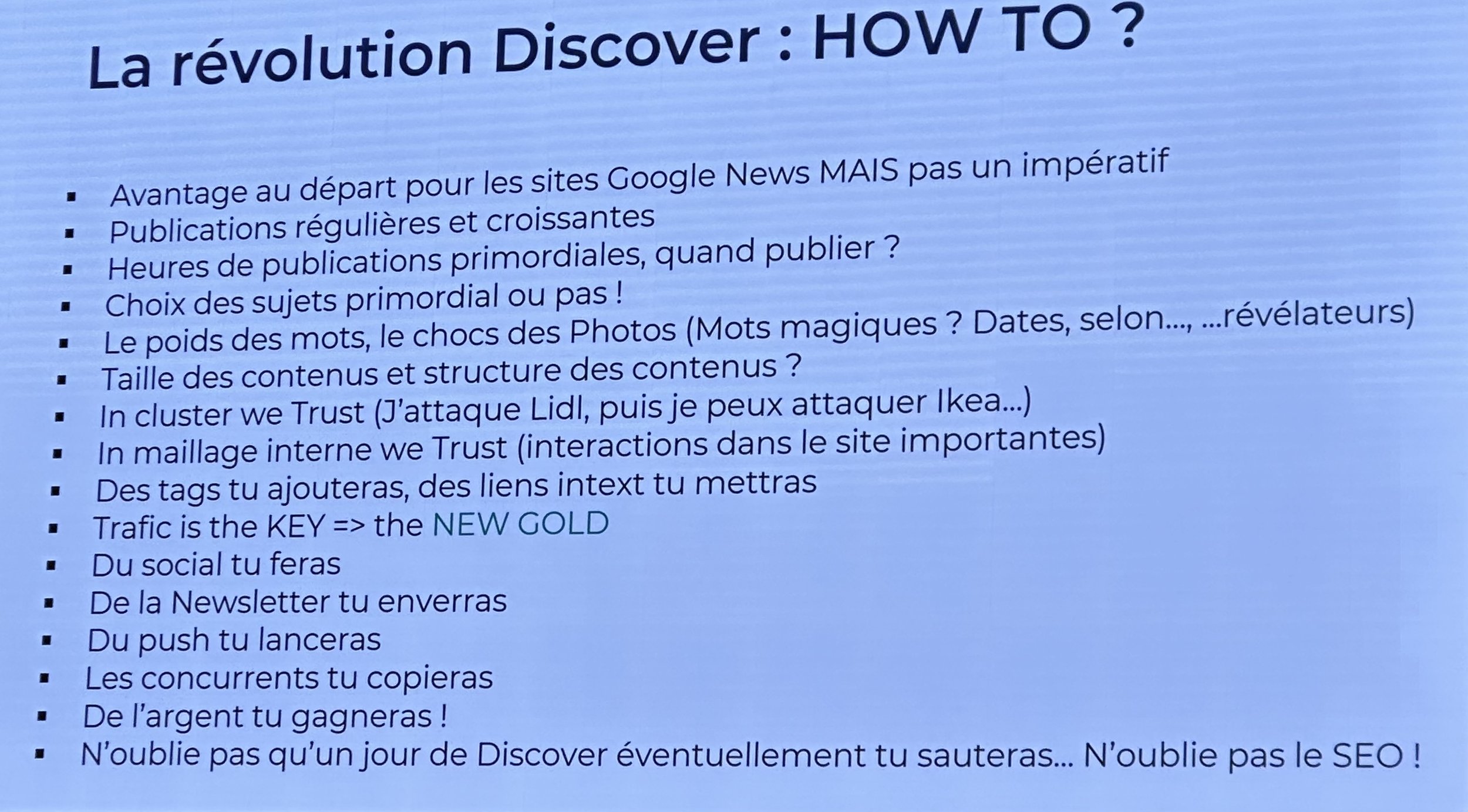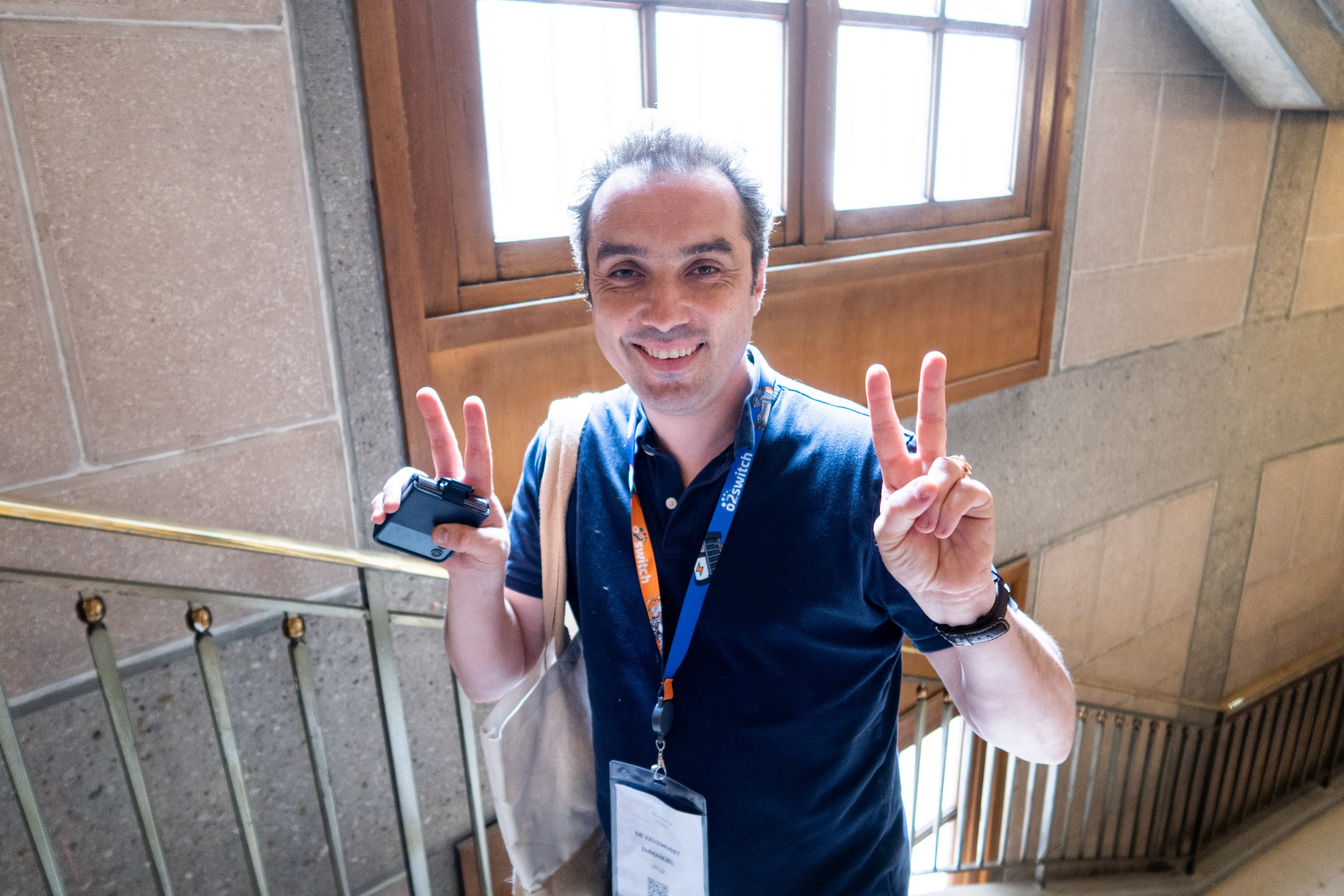SEO Camp'us 2023: We went to Versailles
Cette année le SEO Camp’us Paris a eu lieu les 29 et 30 juin 2023. Nous nous y sommes déplacées pour obtenir un large panorama de ce qui se fait aujourd’hui en référencement naturel. Voici quelques notes prises lors des conférences. C’est bien loin d’être exhaustif (volontairement), parce qu’après tout… il fallait être là !
Des replays sont disponibles ici (inscriptions jusqu’au 20 juillet 2023).



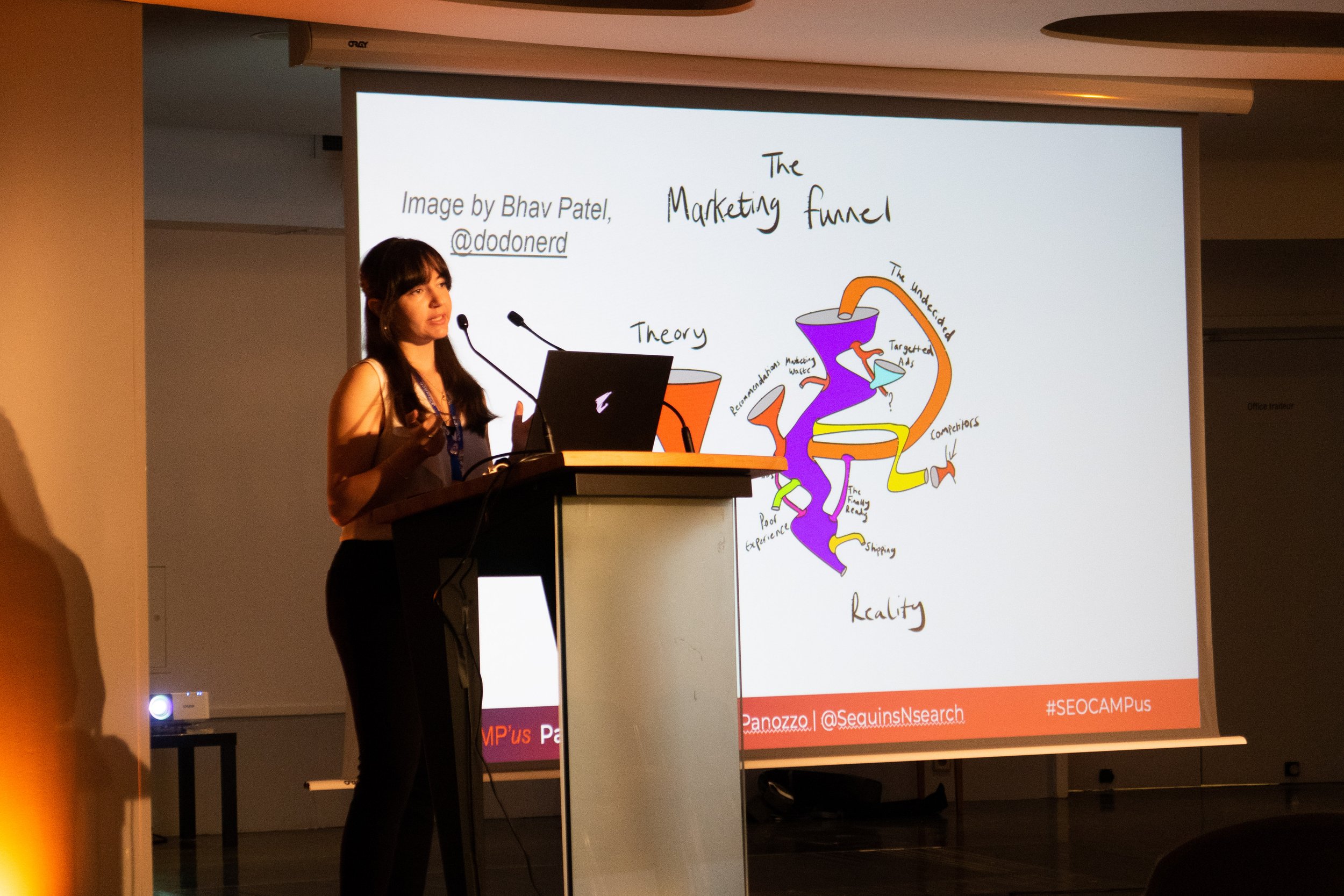
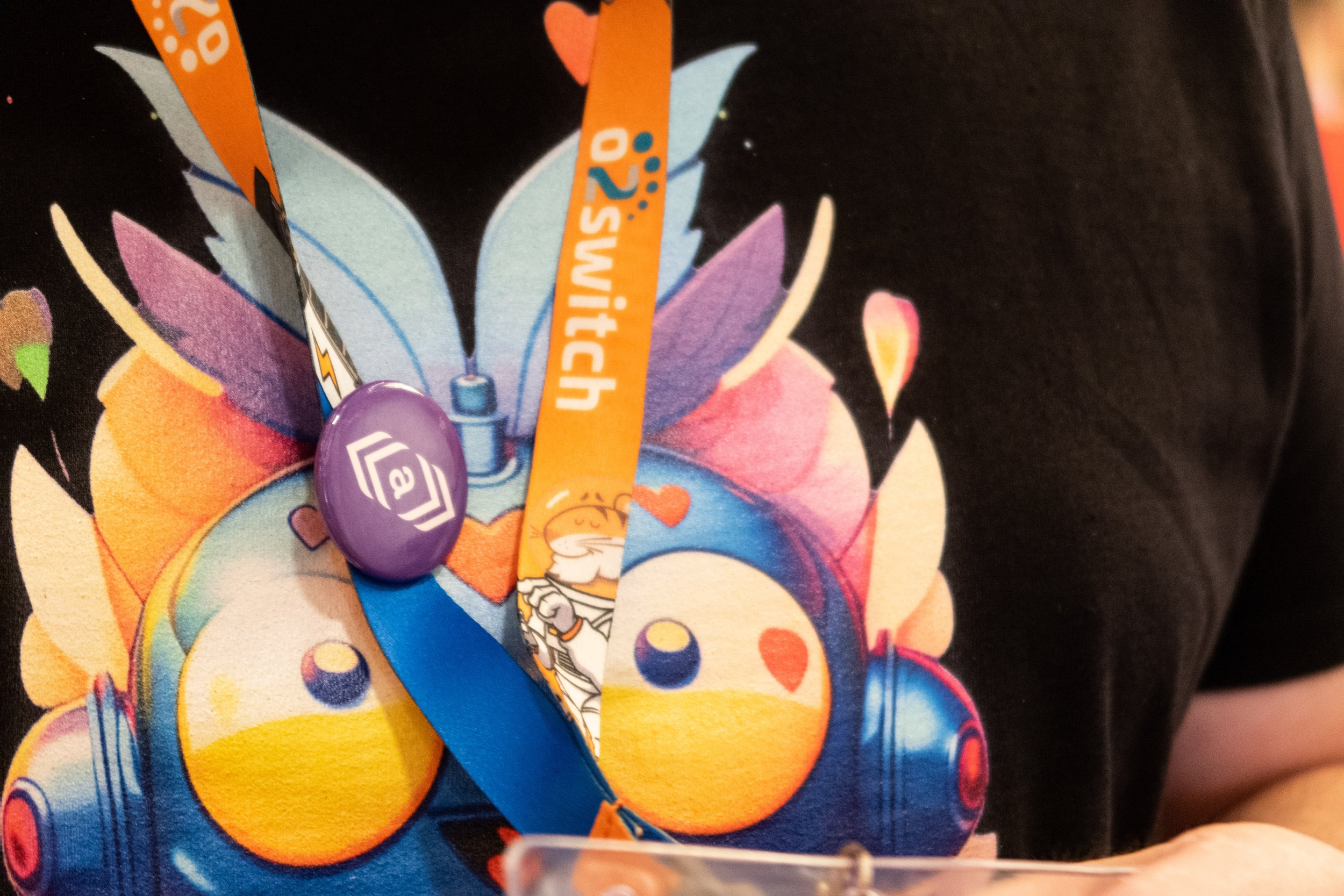
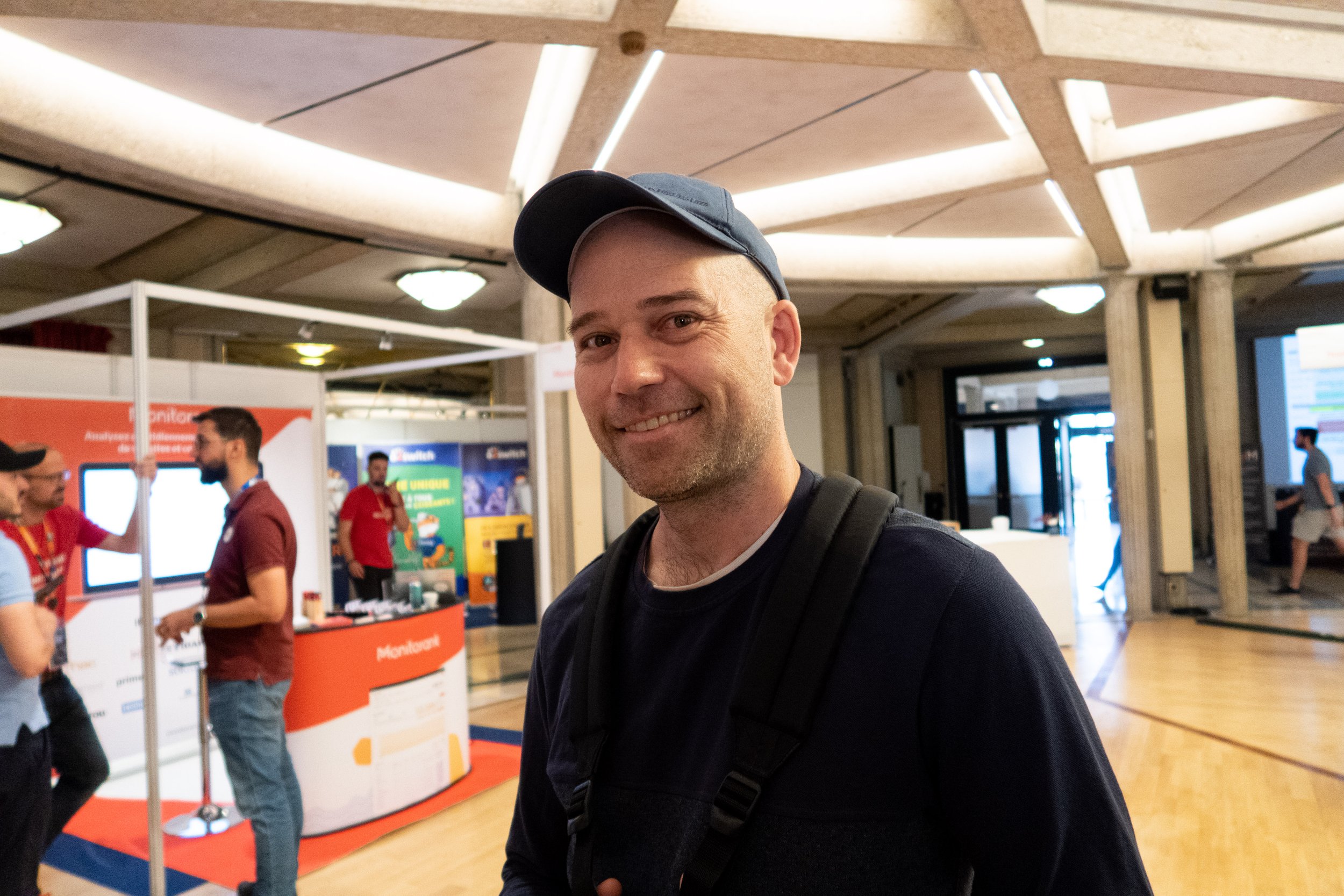
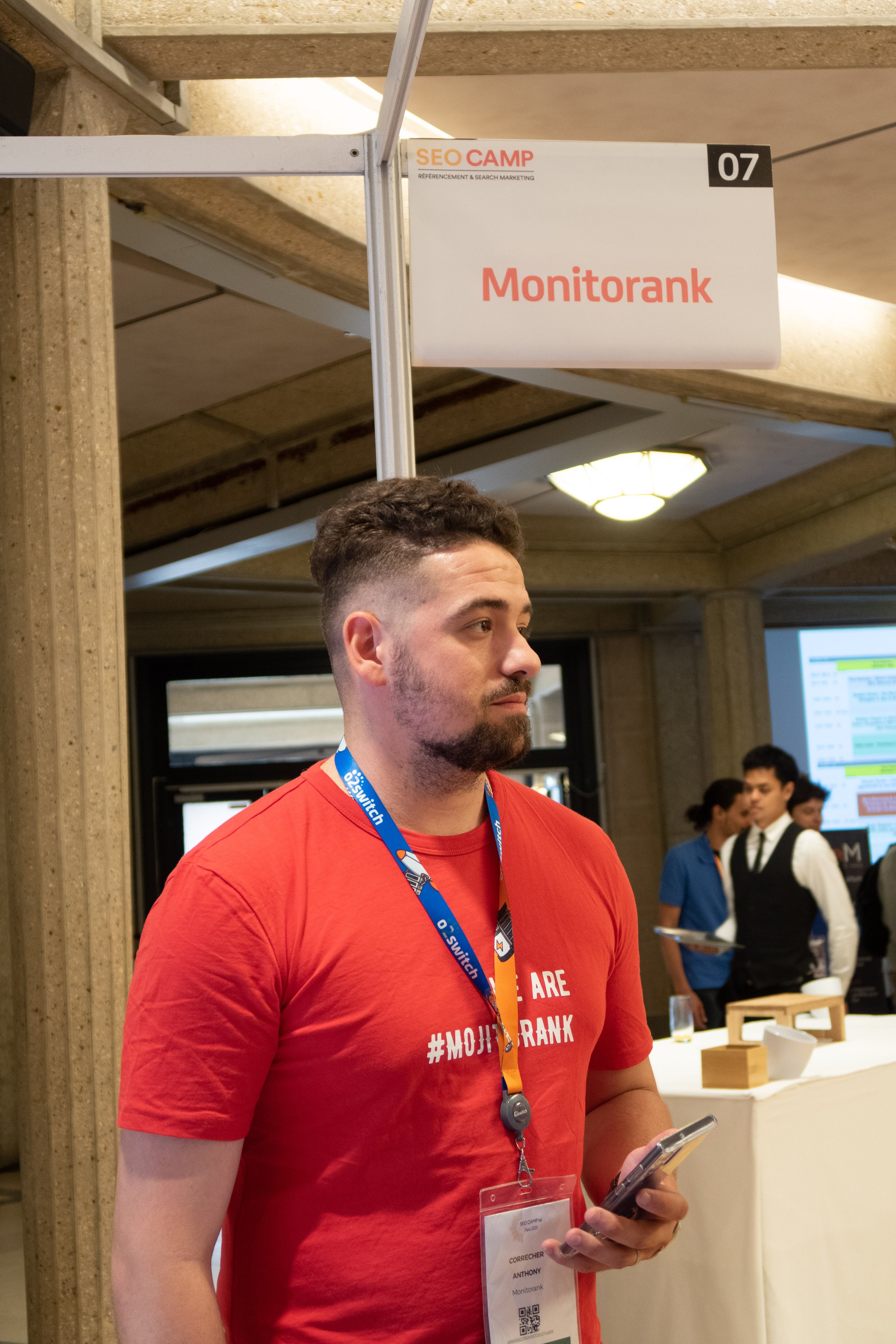
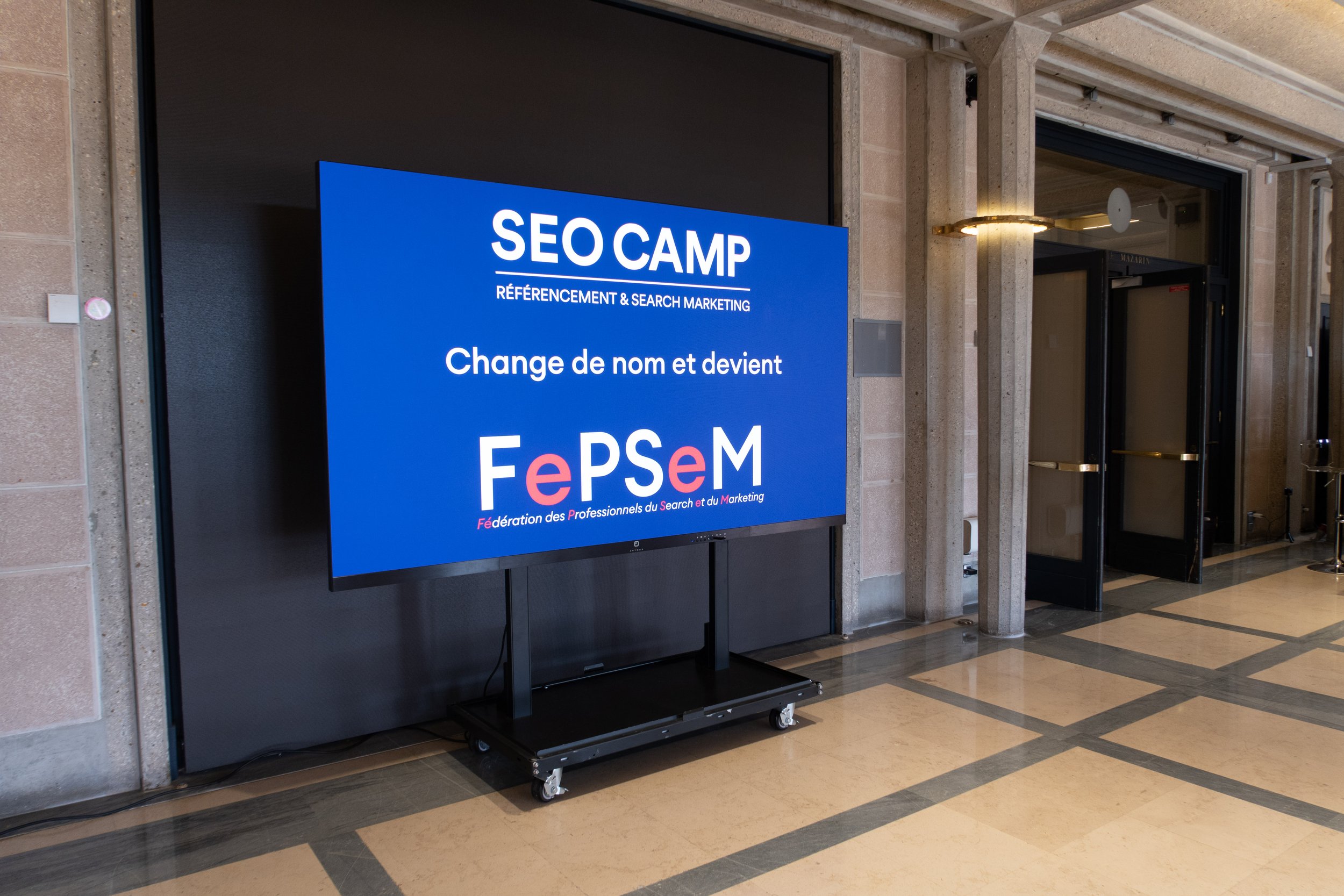
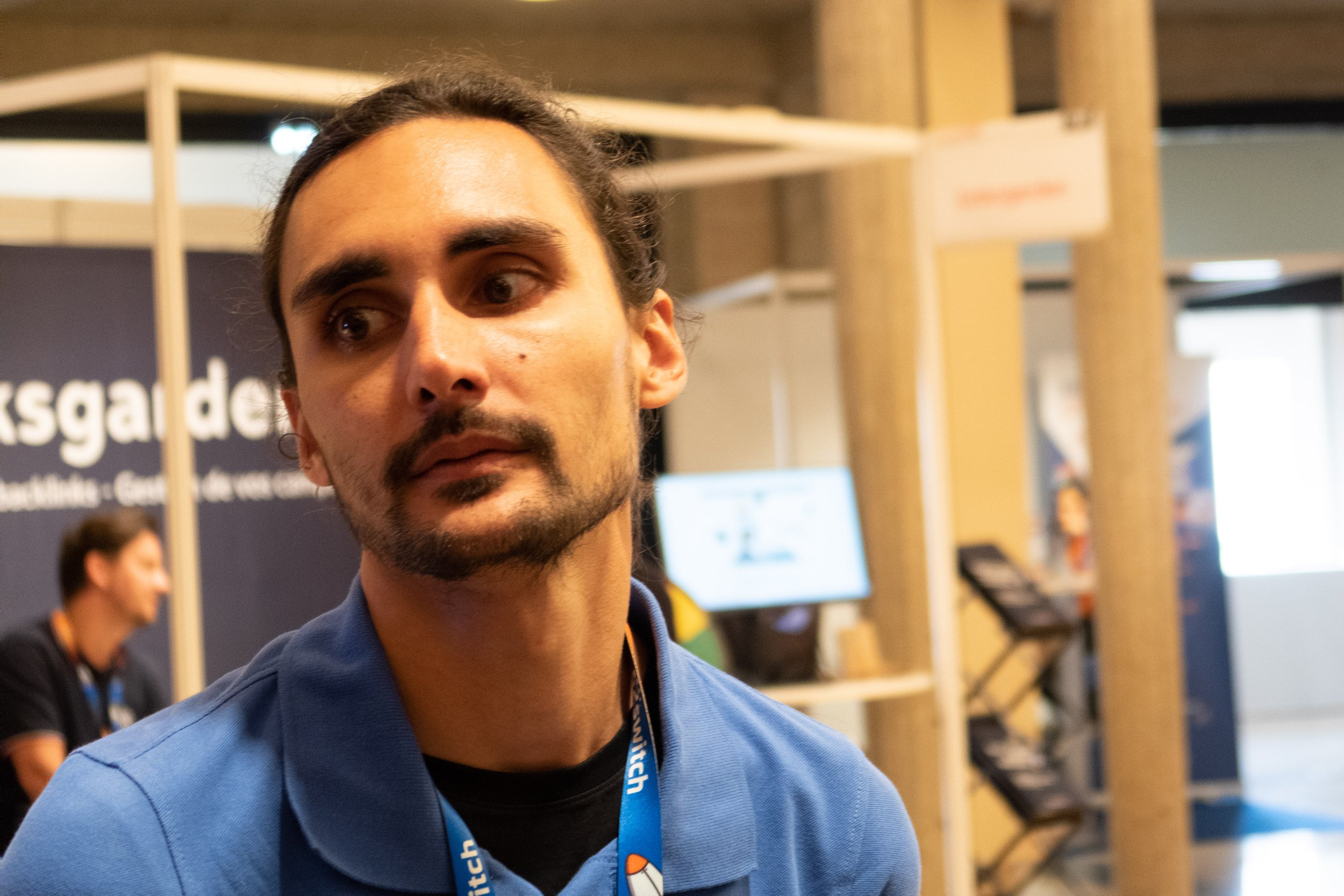
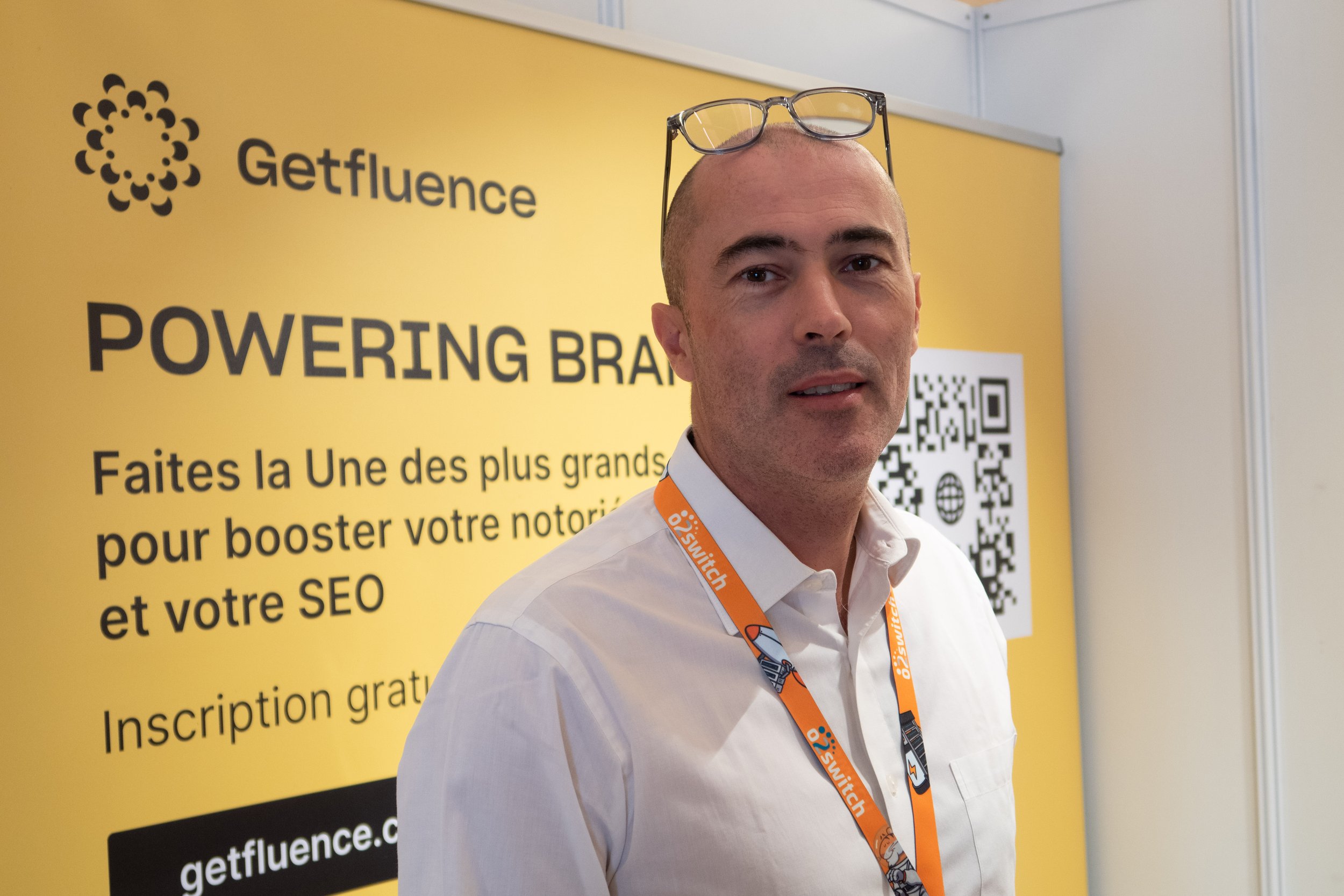
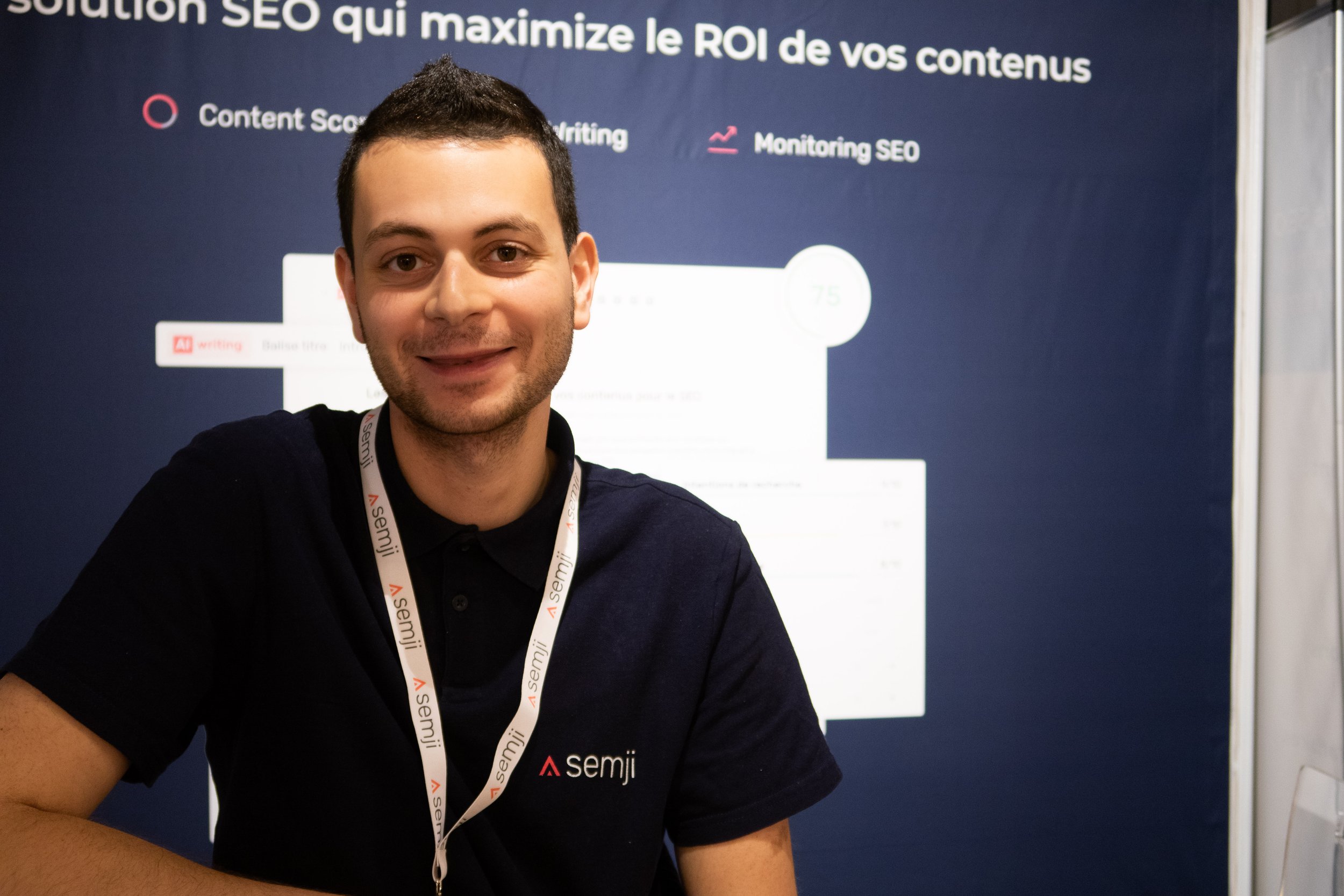
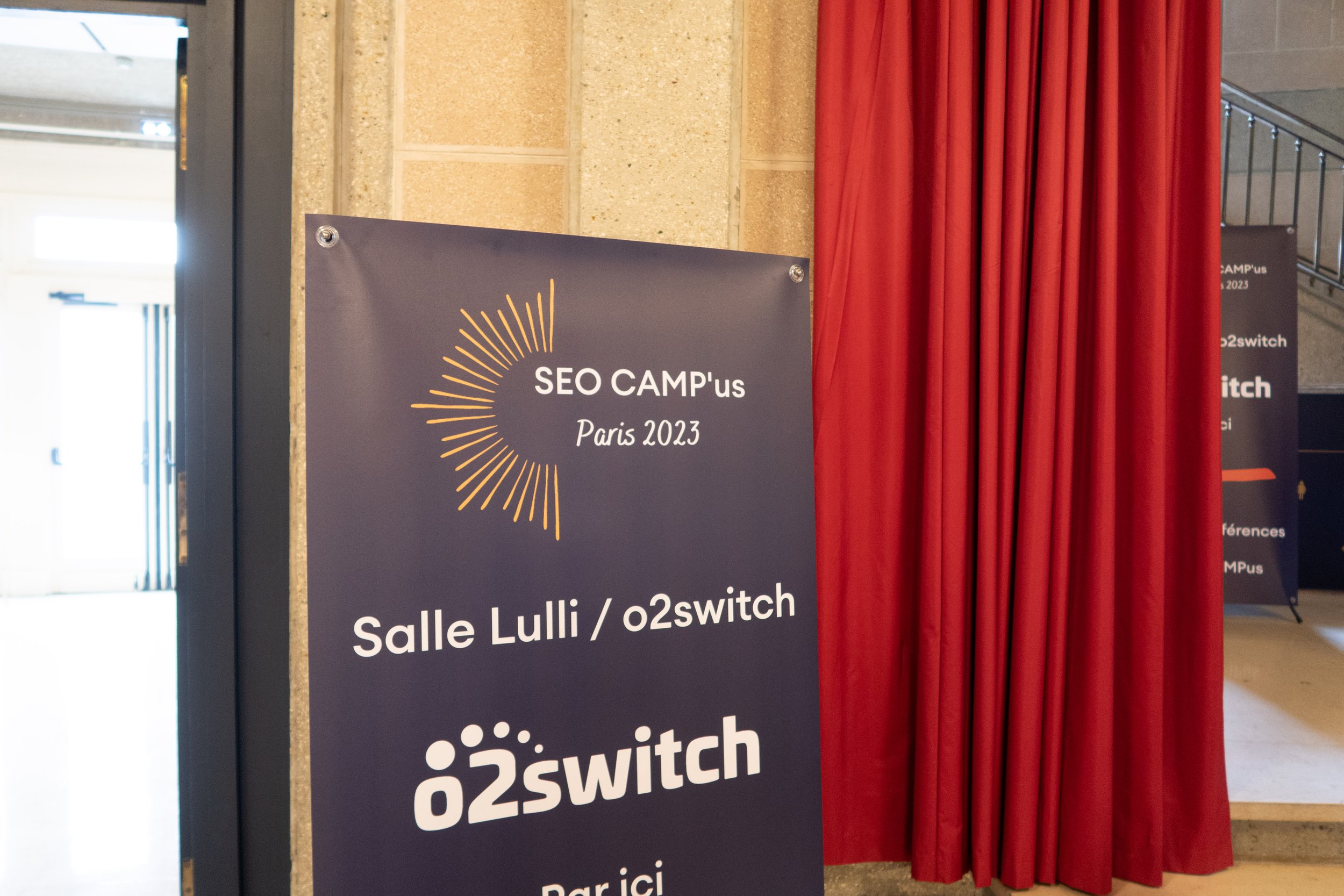
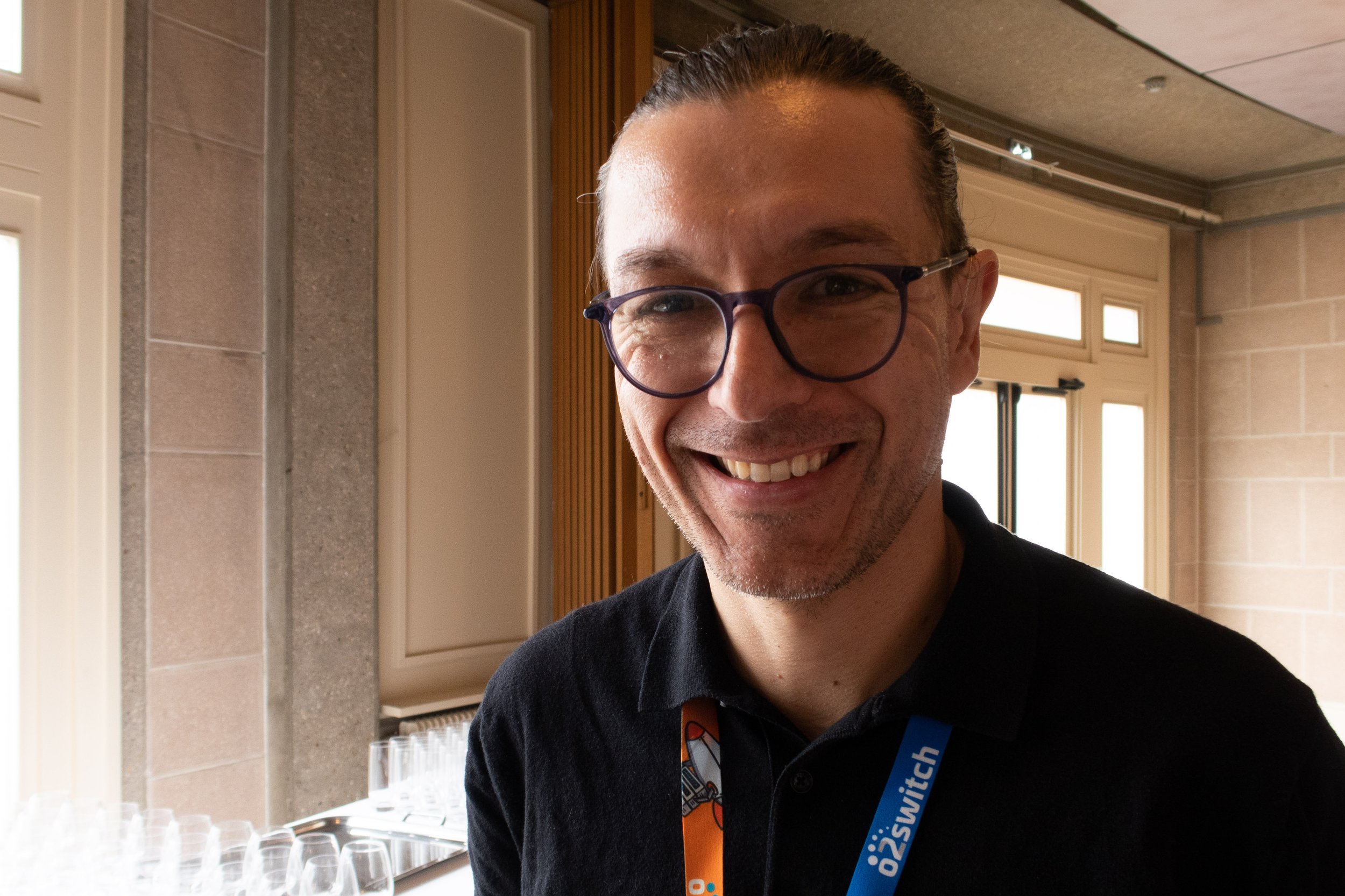
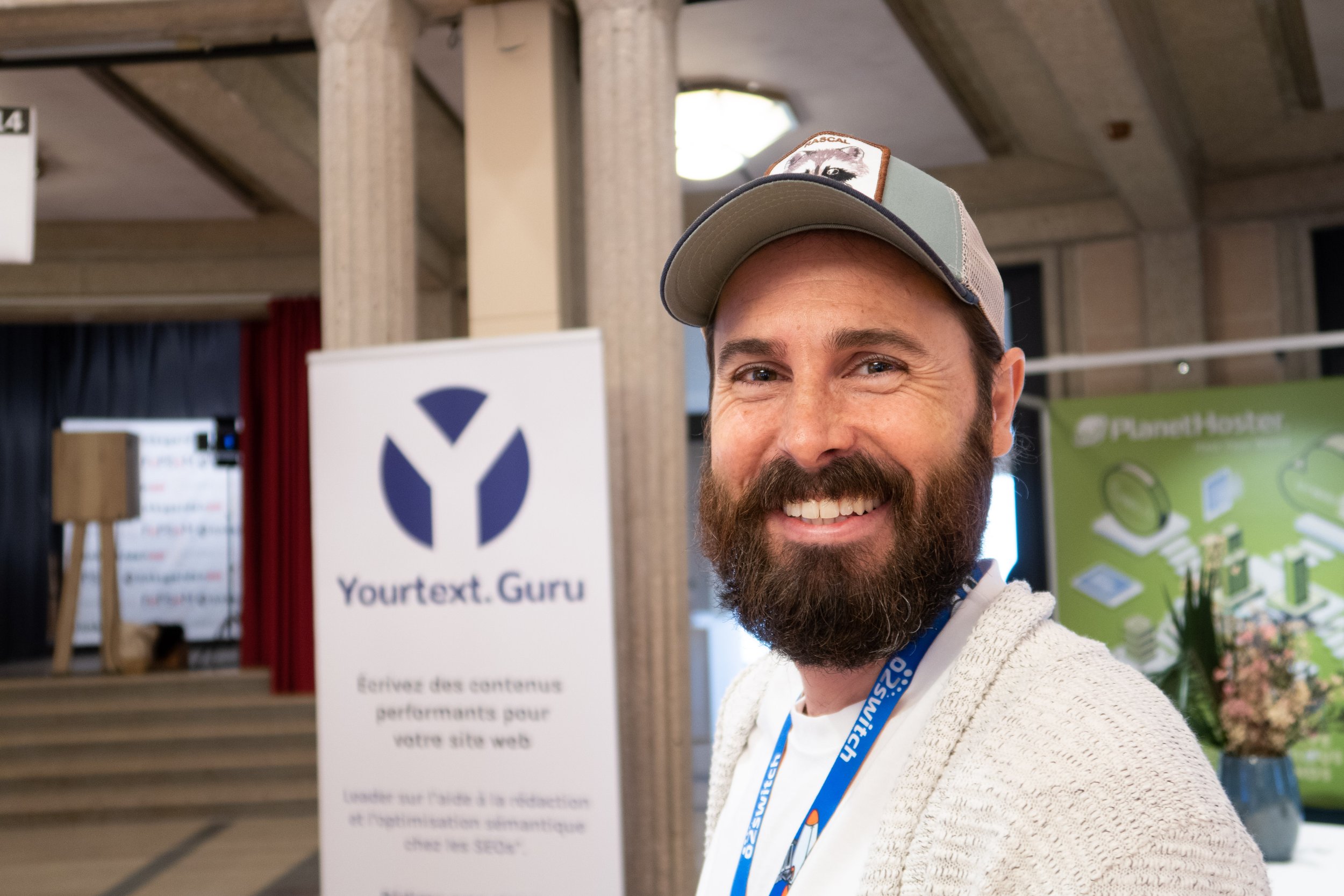
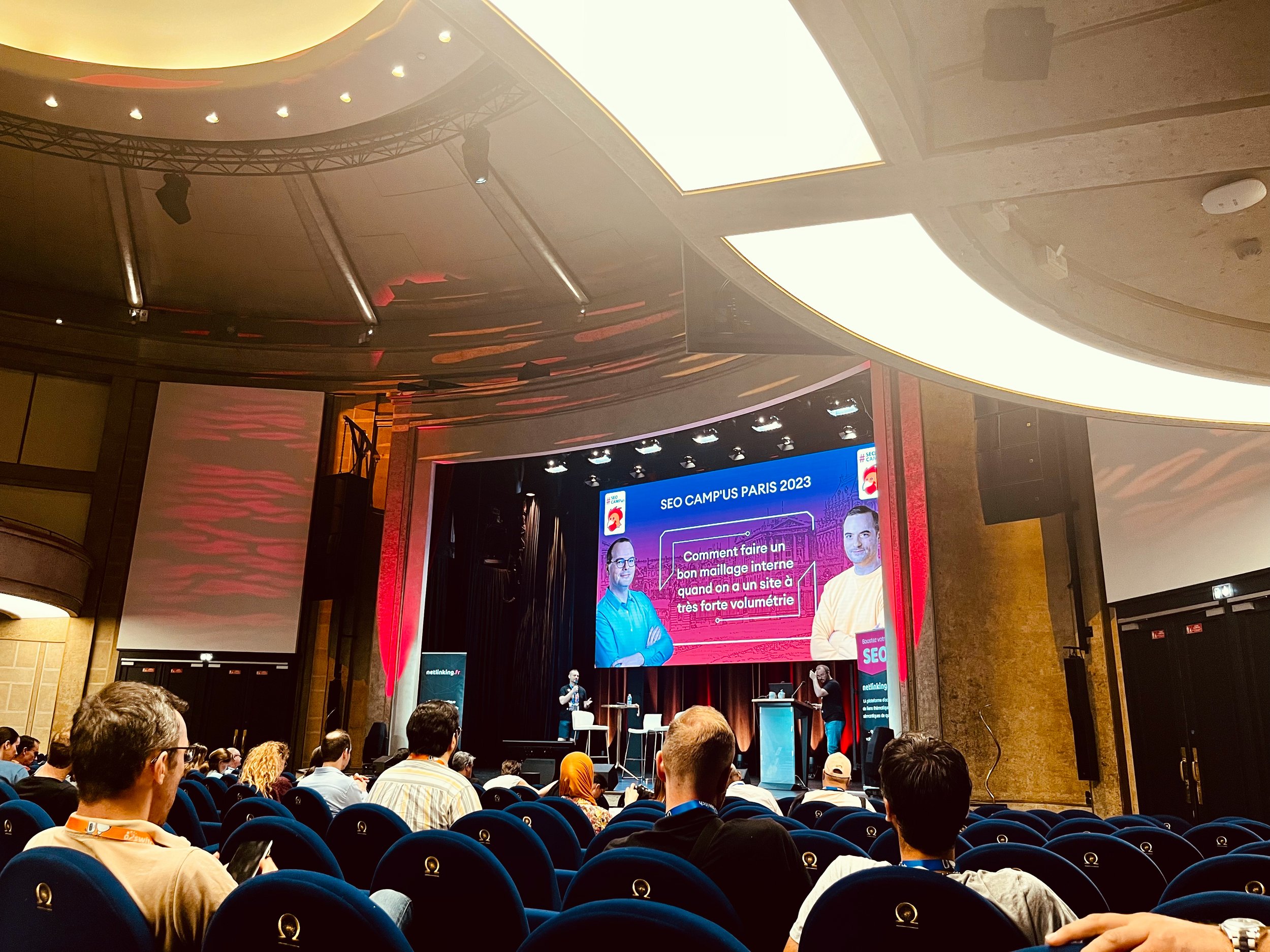
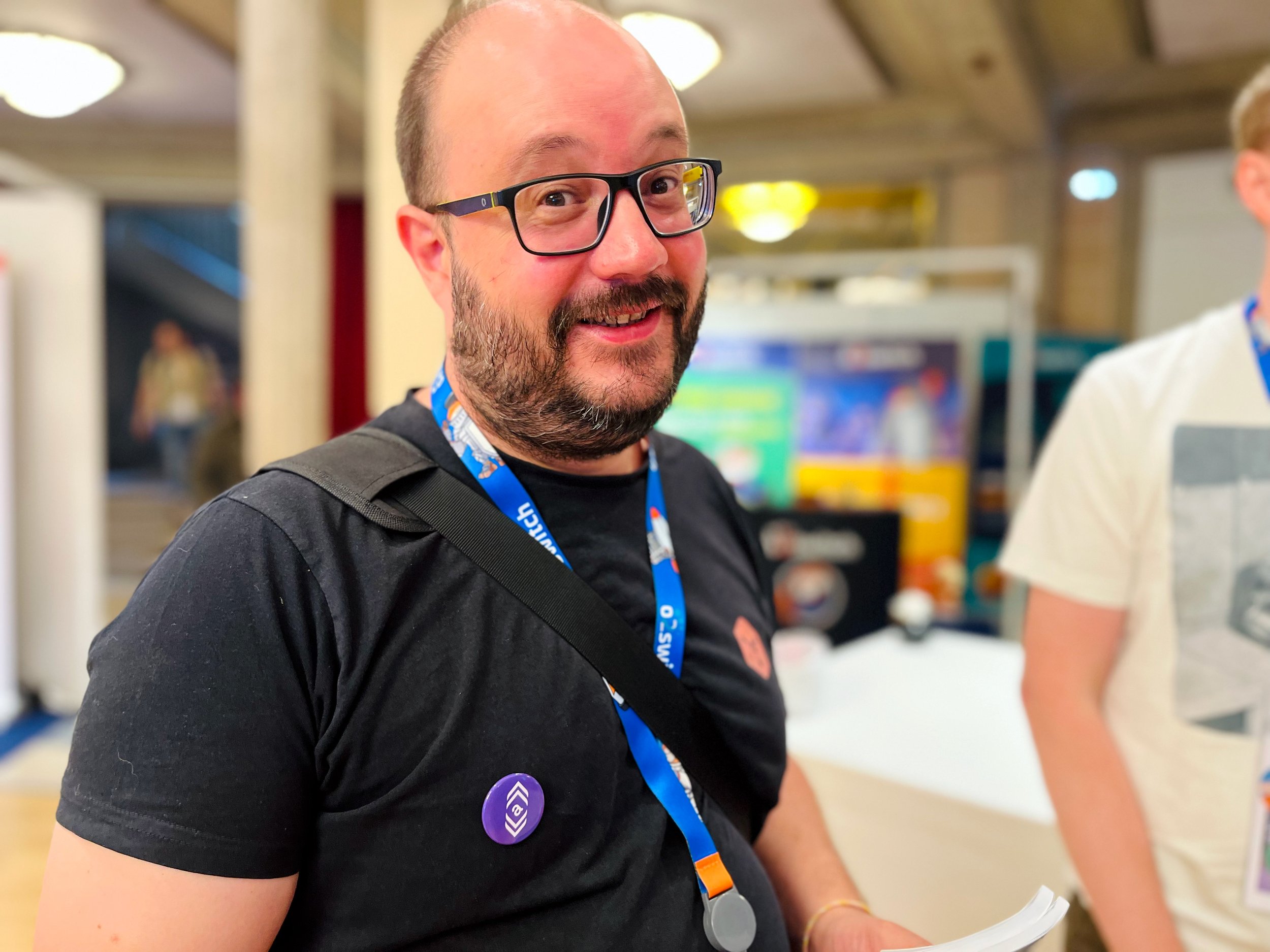
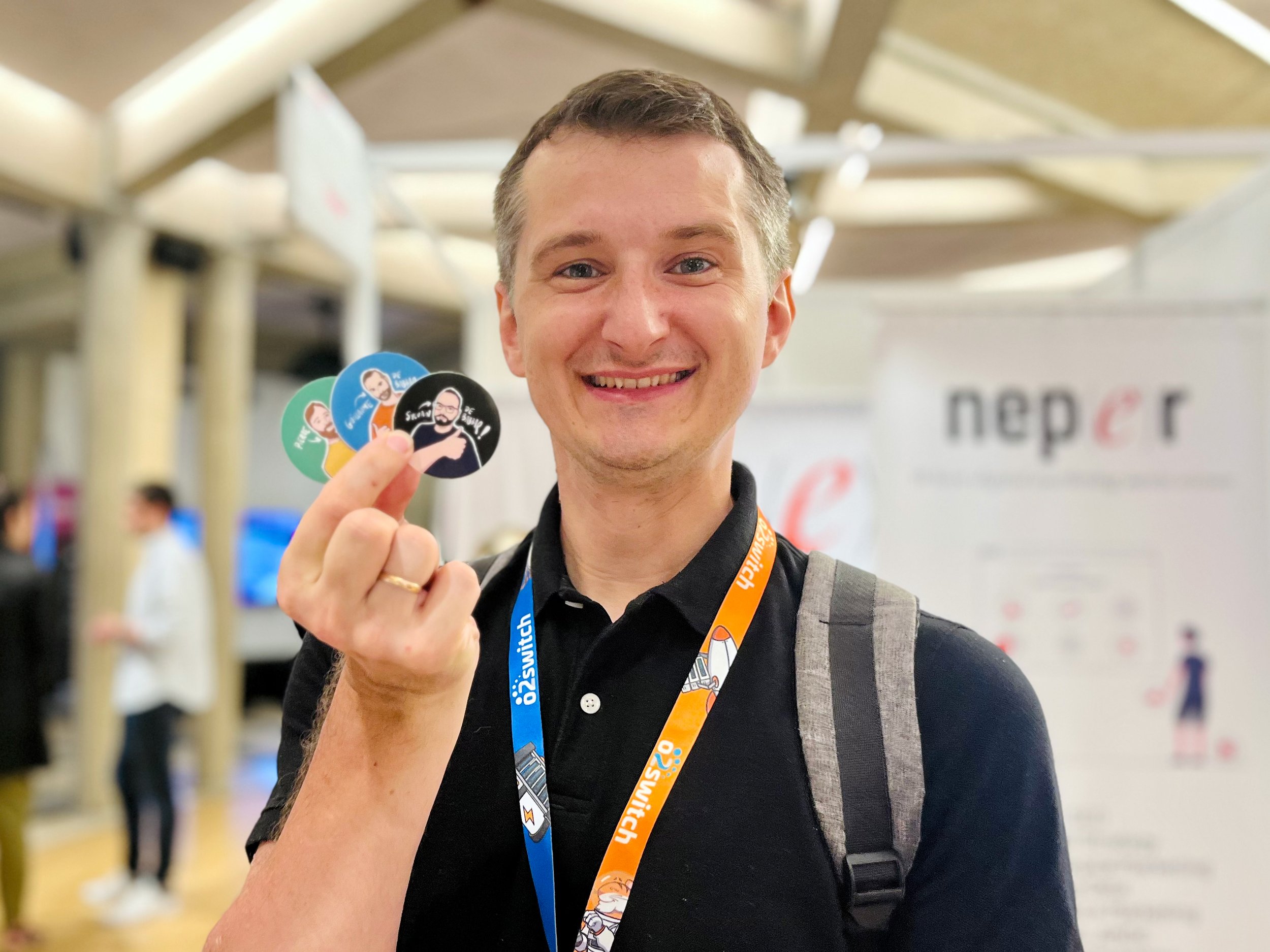
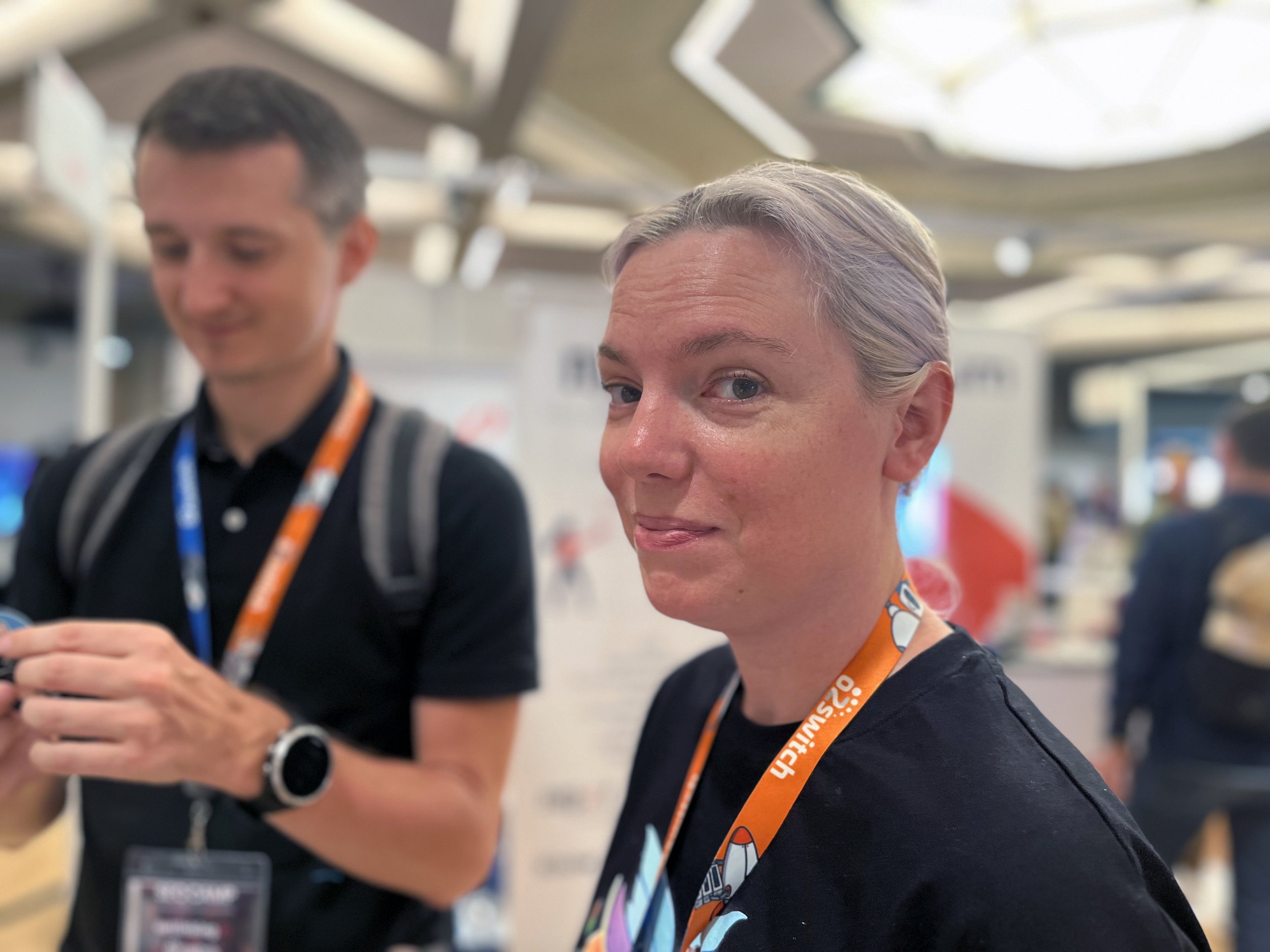
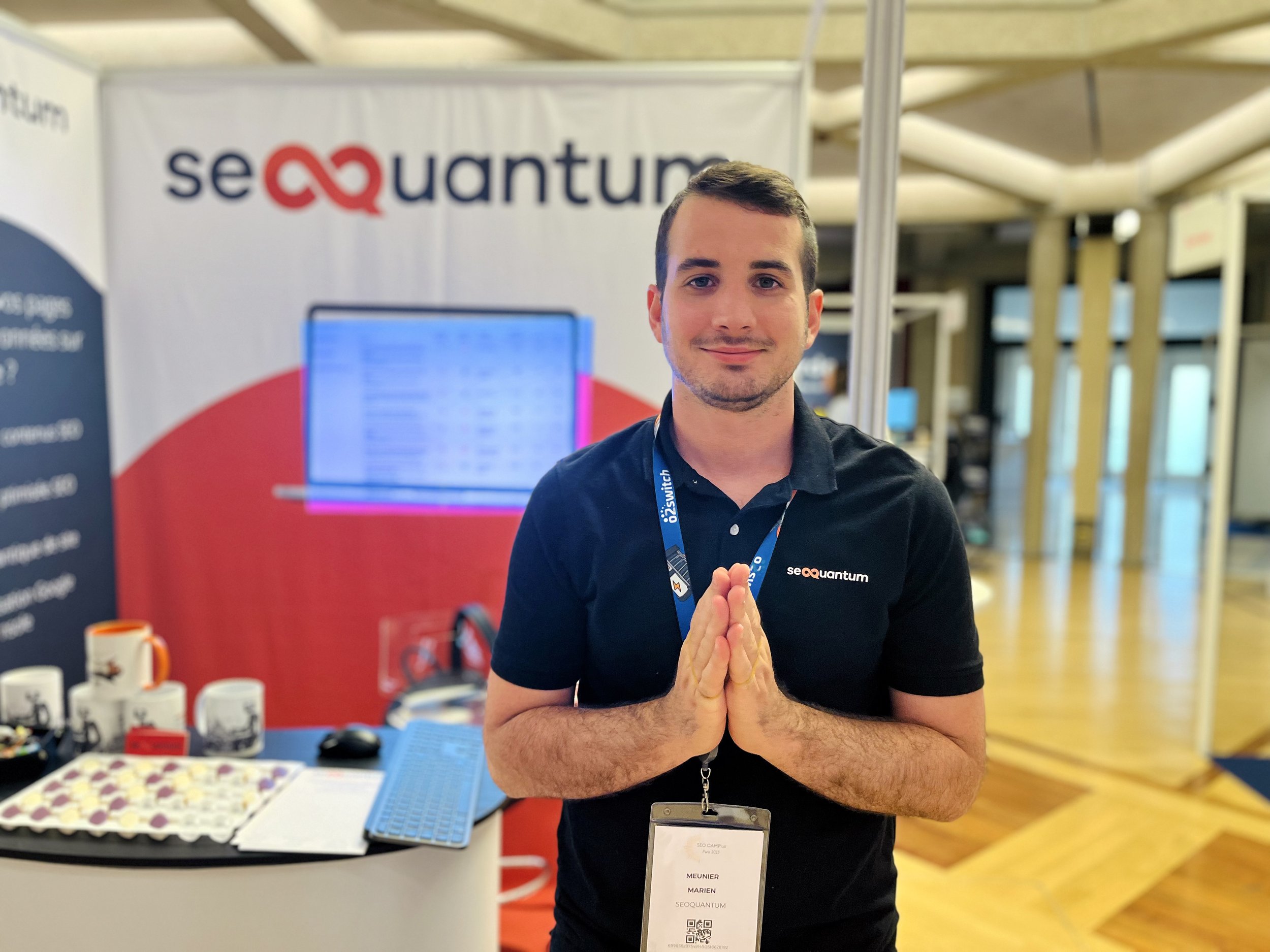
Backlinks : recettes pour réussir sur Google, par Guillaume Pracht (Linksgarden)
La conférence de Guillaume affirme qu’un bon lien est un lien validé et actif pour un bon PageRank entre les pages. Il insiste sur la nécessité de contextualiser le lien en sélectionnant notamment les sites Web dans la bonne thématique avec bon TTF (Topical Trust Flow) et une page Web sémantiquement optimisée. Le conférencier n’hésite pas à dire qu’un lien a une « odeur particulière », et nous nous demandons si ça serait plutôt fraise ou chocolat. Quoi qu’il en soit, plus le site est populaire alors plus le site sera puissant. Dans tous les cas, on réalise ses actions de façon mesurée et on varie les méthodes.
« Content is king, linking is queen »
Les KPI favoris de Guillaume Pracht :
RD (Referral Domain) : quantitatif
TF (Trust Flow) : qualitatif
TTF (Topical Trust Flow) : pertinence
le ratio entre le nombre de TF et le CF (Citation Flow)
UR (URL Rating) : qualitatif
Analyse du site lui-même
Extraction des backlinks pour aller plus loin.
La stratégie SEO appliquée aux PME, par Alexis Fenaille (alexeo)
Pour Alexis Fenaille, il ne faut absolument pas que le SEO puisse représenter plus de 30 % du chiffre d’affaires d’une PME pour l’acquisition. C’est la règle des trois tiers. Une vision à long terme sur cinq ans permet de se projeter et de définir des objectifs ciblés. Si un benchmark SEO est bien évidemment utile, il faut aussi penser ses différentes techniques en fonction du contexte du marché étudié. On peut par exemple allier SEO et SEA, selon le pilotage du budget souhaité.
Alexis Fenaille insiste sur le fait que le SEO ne suffit pas pour faire décoller une affaire. Le produit et le service proposé par le site visé doit être pertinent et attrayant. Autrement une stratégie d’acquisition peut devenir un coup d’épée dans l’eau.
Gestion de projet SEO, comment gagner du temps et être plus efficient, par Jacky Giang (Semnaut)
Même si nous pouvons identifier trois situations différentes : un projet client, un annonceur, un éditeur… nous pouvons dire que les objectifs sont les mêmes malgré des problématiques différentes. Une bonne gestion de projet devrait selon Jacky Giang apporter : un esprit serein, de la satisfaction, l’atteinte des objectifs, la prise tranquille de ses congés.
Jacky Giang
SEMNAUT
Jacky évoque les problèmes récurrents qui sont le manque de temps, le manque d’envie, le relationnel avec les développeurs, les bugs, la communication complexe, la gestion des prestataires et la difficulté de mise en production.
Malheureusement, toute la bonne volonté du monde n’empêche parfois pas de constater des régressions que nous pouvons détecter avec des outils comme Content King, Oseox et Semnaut.
The rise of AI : tools, strategies & tips to Drive Growth, par Bastian Grimm (Peak Ace)
Selon Bastian Grimm, le prompting est la façon dont les humains parlent à une intelligence artificielle. Il faut prendre le soin de créer un prompt efficace. Bastian liste entre autres des outils et modèles qui peuvent être utilisés dans la création de contenu textuel :
Cependant, attention… ne jamais publier sans avoir d’abord vérifié le contenu !
Retour d’expérience SEO sur les plus gros sites FR, par Mathieu Chapon (Peak Ace)
Le budget de crawl.
« C’est la quantité de ressources et de temps que Google va attribuer à chaque site. »
Matthieu Chapon nous rappelle les enjeux pour Google au quotidien :
Fournir la meilleure réponse possible aux utilisateurs en temps réel
Crawler 6 millions de page par seconde sur une année
Fournir le résultat le plus exhaustif possible
« Chaque jour Google répond à 8,5 milliards de recherches, dont 15 % de nouvelles recherches par jour. »
C’est pourquoi la gestion des sites avec un très grand volume de page est très particulière et demande la plus grande expertise.
Retour d’expérience sur le SEO, discover et l’IA, par Paul Sanches
Paul Sanches revient sur son expérience de génération de contenus SEO à destination de Google Discover. En parlant de Chat-GPT, Paul précise qu’il permet de développer des contenus en le considérant comme étant un assistant personnel. Le véritable rédacteur humain est quant à lui une source d’informations.
L’eldorado SEO qu’est Discover - Paul Sanches, SEO Camp’us 2023
WEBPERF & SEO : En finir avec les mythes, par Alexandre Pinat (Primelis) et Patrick Valibus (410 Gone)
Alexandre Pinat et Patrick Valibus présentent en duo cette conférence. Ils désignent la webperformance d’un site Web en tant que véritable enjeu business. Le taux de rebond peut avoir un impact fort sur le taux de conversion ! L’amélioration des performances de chargement d’un site Internet devient mécaniquement un facteur d’augmentation du chiffre d’affaires. Ceci est d’autant plus important si nous tenons compte des enjeux SEO liés aux Core Web Vitals communiqués par Google.
La SERP de Google : les meilleures méthodes pour l’analyser et l’utiliser dans sa stratégie, par Daniel Roch (SEOMix) et Axel Janvier (SEOMix)
Daniel Roch et Axel Janvier de SEOMix commencent par « il était une fois la SERP » :
elle est variable et personnalisée,
elle est géolocalisée,
elle dépend du support (desktop, mobile).
Les deux consultants évoquent l’importance du choix du bon terme à cibler en comprenant la bonne intention de recherche pour ses objectifs. Aussi, l’analyse de la SERP apporte d’excellentes pistes pour visualiser la concurrence en repérant notamment la présence de résultats enrichis (images, knowledge graph, position zéro). Cependant, la volatilité de la SERP encourage à suivre son évolution mois après mois.
Les 7 pêchés capitaux du SEO, par Emmanuel de Vaumoret (et comment les contrer)
Emmanuel de Vauxmoret présente ce que sont pour lui les 7 péchés capitaux du référencement naturel.
L’orgueil : Viser la short et la long tail également et non pas uniquement la long tail.
L’envie : Éviter de copier la stratégie d’un concurrent mais choisir de s’en inspirer.
La colère : Rester calme devant les évolutions et les changements d’algorithme dans Google.
La paresse : Éviter de négliger les fondamentaux du SEO.
La gourmandise : Le mieux est de prendre en compte les indicateurs humain et UX.
L’avarice : Il faut établir un budget raisonnable.
La luxure : Ne pas voir les stratégies uniquement sur du court terme par exemple en cumulant rapidement des liens de mauvaise qualité.




